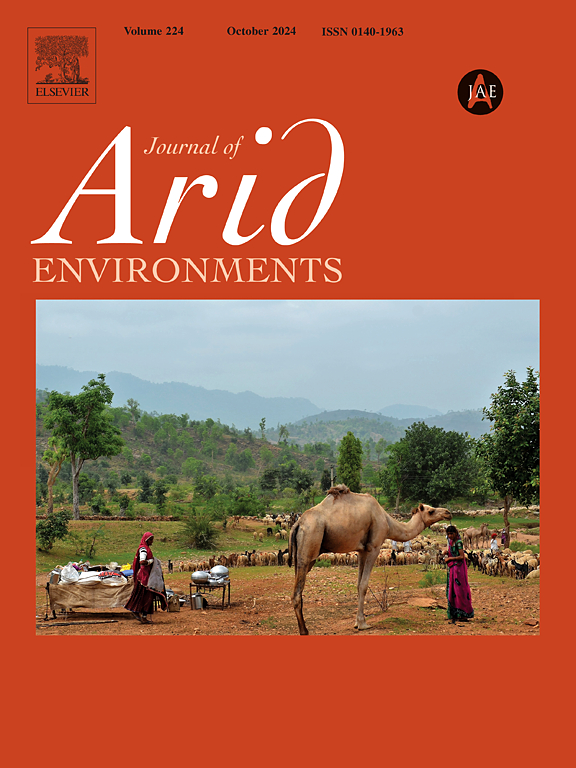Ethnoecology of desert truffles hunting: A cross-cultural comparative study on practices and perceptions in the Mediterranean and the Near East
2025-08-01 null null 229(卷), null(期), (null页)
This study investigates desert truffle hunting practices across Iraq (including the Kurdistan Region), Eastern Turkey, Syria, and Sardinia (Italy) based on data collected with semi-structured interviews from 58 hunters in 21 locations distributed across the four countries. Employing both Principal Component Analysis and qualitative analysis, the research focuses on ecological, cultural, and economic dimensions of traditional desert truffle hunting/foraging in the Mediterranean and the Near East. The study demonstrates diverse ecological contexts and cultural practices, revealing the reliance on natural indicators for truffle detection and the cultural significance of this practice. Additionally, novel findings highlight the various perceived threats faced by desert truffle ecosystems, including soil erosion, land use patterns, market dynamics, climate change, and threats associated with desert truffle hunting across conflict zones. The study emphasizes the economic contributions of truffle harvesting to local communities, shedding light on its significance for rural livelihoods. Truffles are a traditional medicine for vision disorders, as well as cooking and snack food. By providing comprehensive insights into these multifaceted aspects, this study enhances our understanding of desert truffle hunting's ecological, cultural, and economic importance and informs actionable steps for biocultural conservation, as well as sustainable development initiatives in truffle-rich regions globally.



